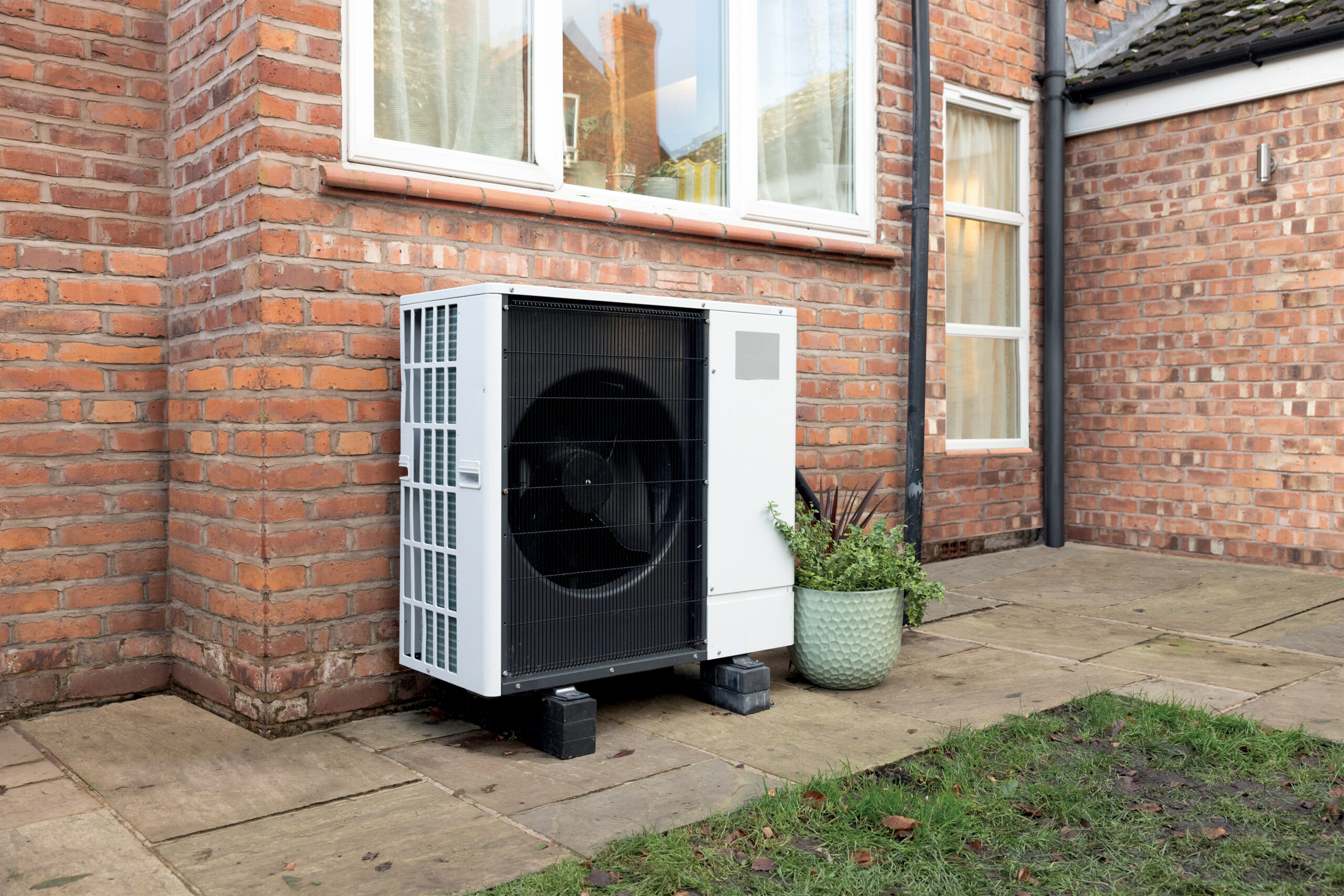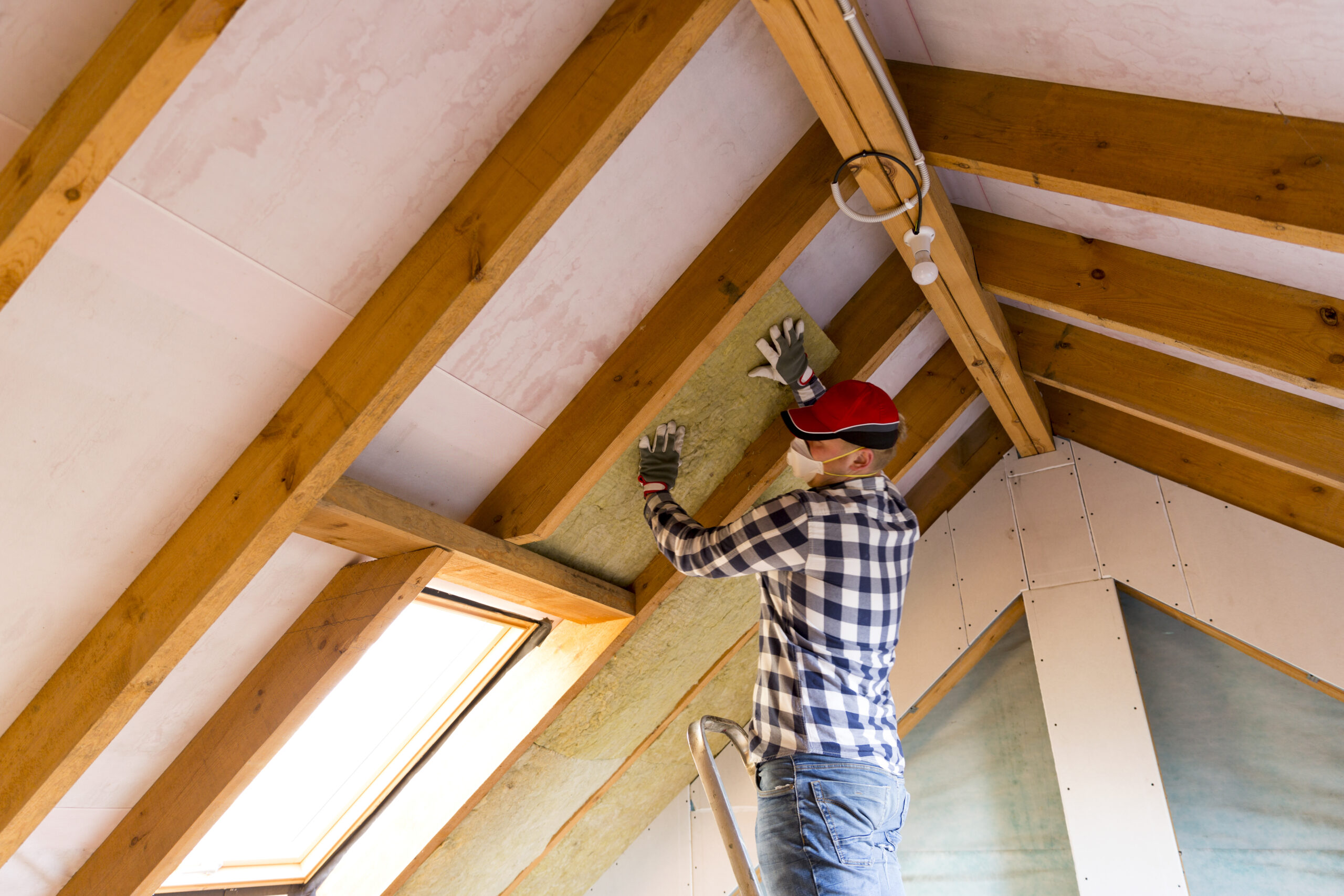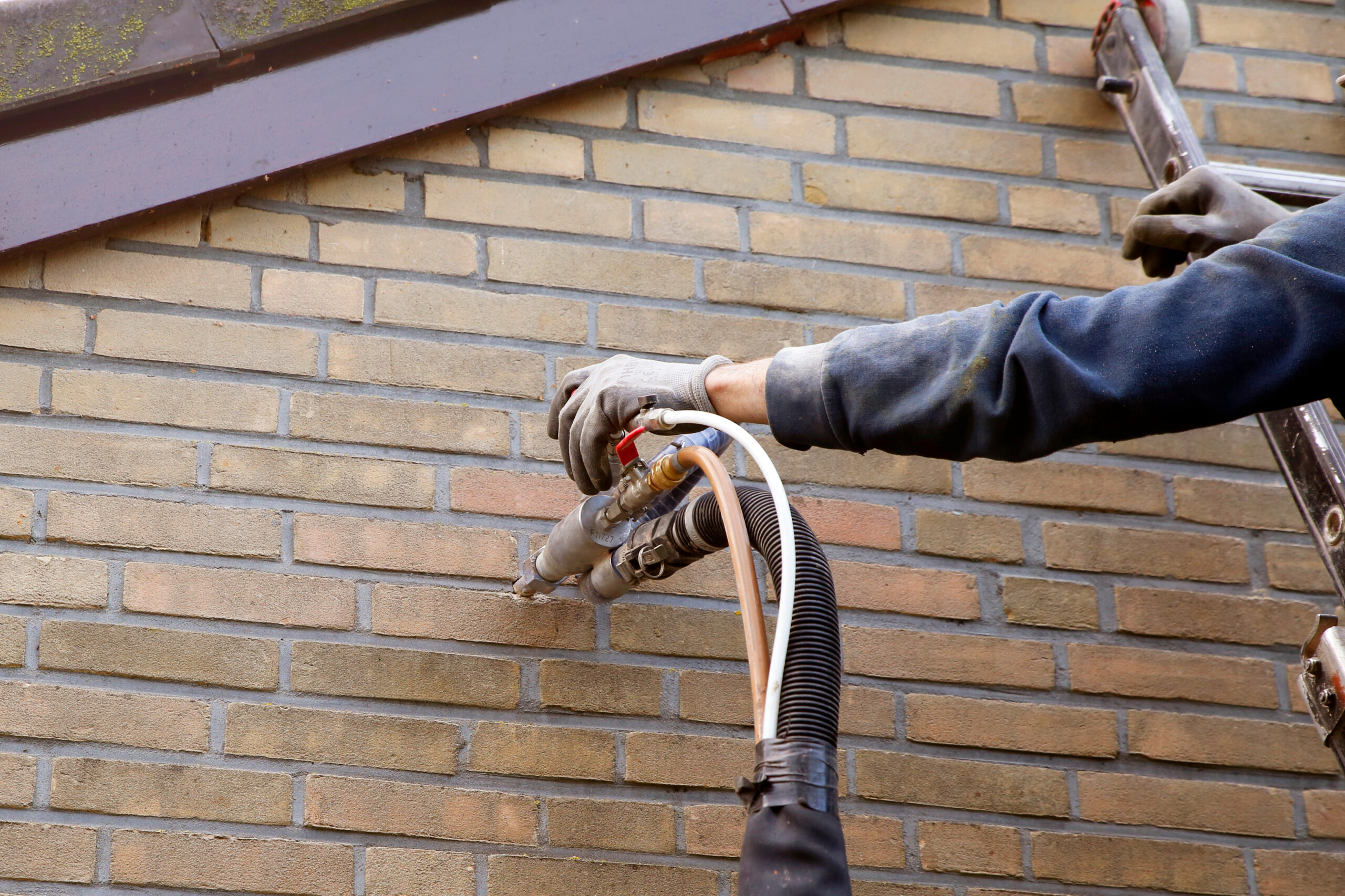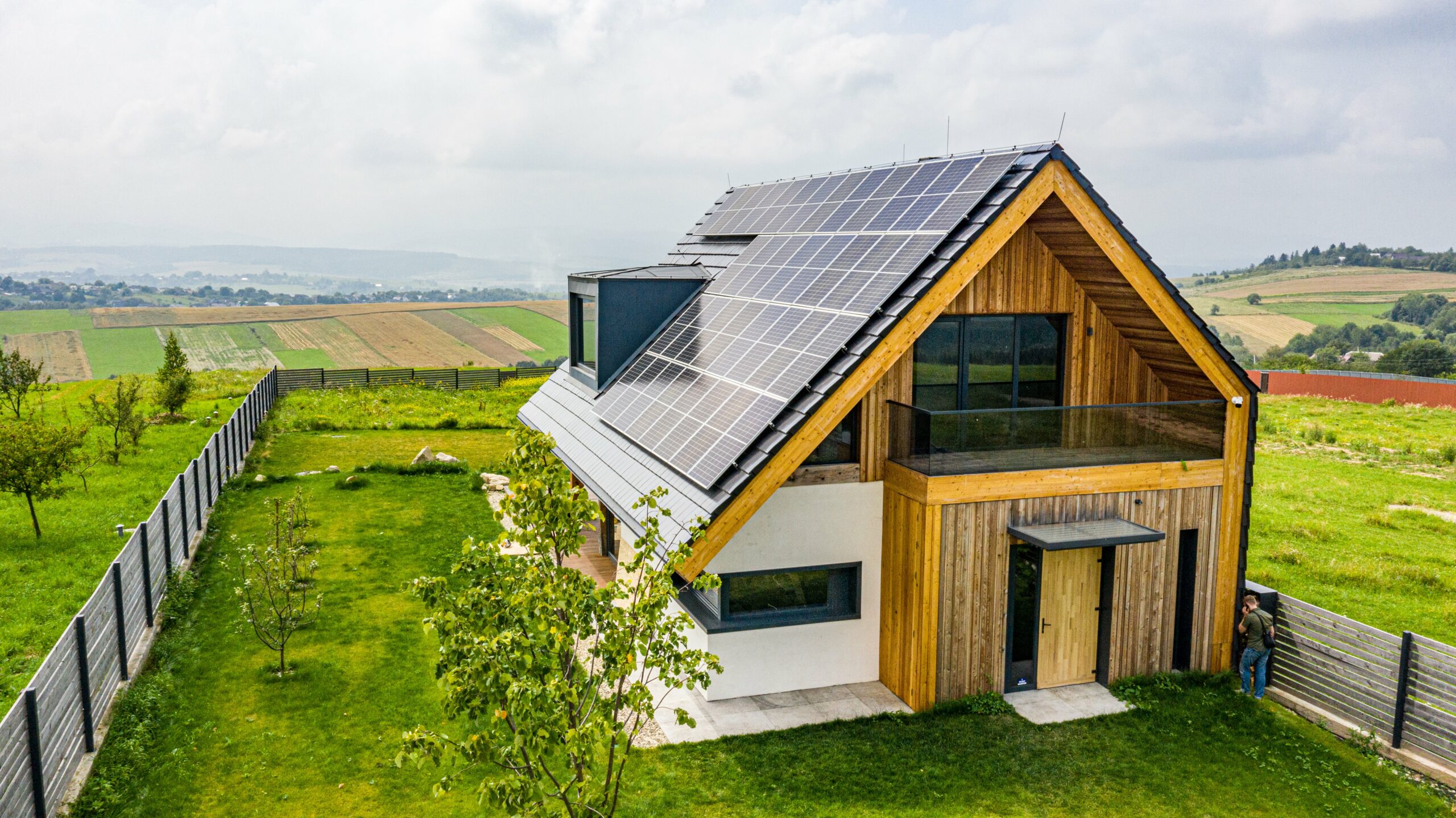Energy Efficient Home
Welcome to a warmer, smarter, energy efficient home.
Find out more about the actions you can take now to make your home more energy efficient.
To check which of these actions might be suitable for your home, and to discover more, try our checker tool.

Heat pumps
Replace your boiler with a heat pump with the help of a government grant
Heat pumps use proven technology to provide homes with cleaner electricity and are significantly more efficient than traditional boilers so will reduce your home’s energy usage. The Energy Saving Trust suggest there is a 70% carbon reduction when you compare with a traditional gas boiler. A heat pump takes heat at a low temperature from the air or ground, increases that heat to a higher temperature and transfers it into your home to provide heating and hot water. The two main types are air and ground source. Find out if your home is suitable for a heat pump.
The government is offering grants of £7,500 off the cost of a heat pump to properties across England and Wales through the Boiler Upgrade Scheme. Check if you’re eligible for a heat pump grant.
If you live in Scotland, you might be able to get an interest-free loan or a grant to make your home more energy efficient.
If you live in Northern Ireland, you might be able to get a grant to replace your boiler.
Roof and loft insulation
You can save up to £270 a year by installing roof and loft insulation
Loft insulation is one of the most straightforward and effective ways to save money on your energy bills – a quarter of heat is lost through the roof of an uninsulated home. You can either do this yourself or ask a professional.
If you have no insulation, adding the recommended 300mm thickness could save you up to £270 a year. If you have some insulation, boosting it to 300mm could save you up to £32 a year.
Installation costs are generally between £400 and £1,200 and the measure could last up to 42 years, meaning potential total savings of up to £11,450.
You might be able to get free or cheaper insulation for your home with the government’s Great British Insulation Scheme.


Cavity wall insulation
Cavity wall insulation could save you up to £300 a year
Your home insulation could be significantly more efficient and cost-effective with cavity wall insulation. Cavity wall insulation is installed in the space or ‘cavity’ between the inner and outer walls of a property and can typically be fitted in homes built after the 1920s. This type of insulation helps to keep heat inside your home, making it more comfortable and lowering your heating costs. Compared to other types of insulation, it can be relatively quick to install, with no mess or inconvenience.
Installation costs are generally between £1,000 and £3,000 and the measure could last up to 42 years, meaning potential total savings of up to £12,600.
You might be able to get free or cheaper insulation for your home with the government’s Great British Insulation Scheme.
Solar panels
Install solar panels on your roof to save up to £580 per year
Solar panels capture the sun’s energy and convert it into electricity that you can use in your home. Sunlight is free, so once you’ve paid for the initial installation, you can generate your own renewable electricity and reduce your electricity costs.
Installation costs are generally between £5,000 and £8,000 and the panels could last around 25 years, meaning potential lifetime savings of up to £14,500.
The Energy Saving Trust has further useful information about solar panels.


Additional energy saving tips
Install smart thermostats and heating controls to save up to £30 a year
Smart thermostats and heating controls offer greater flexibility and control over your energy use. Smart controls do everything that conventional heating controls do but are connected to the internet and offer more functionality such as allowing you to adjust your temperature settings when you’re not at home via a smartphone.
Upgrade to more energy efficient appliances to save on your energy bills
All electrical appliances such as fridges, freezers, washing machines, dishwashers and TVs have an energy rating A-G, A being high and G lowest. A higher rating means the device is more energy efficient. You can compare models by how much electricity they use. For example, upgrading from a C rated washing machine to an A rated one could reduce the energy you use to wash your clothes by 25%.
Upgrade to double glazing to save up to £145 a year
According to our checker tool, upgrading from single to double glazing could reduce the cost of your bills by £145 a year. It will also reduce cold draughts and sound pollution from outside.
Install underfloor insulation to save up to £115 a year
Floor insulation can not only make floors feel warmer and more comfortable in your home, but it can also help reduce your heating bills.
*The figures above are based on a typical installation in the most common property type – a semi-detached house. The costs and savings you experience will be affected by your circumstances, how often you heat your home, the details of the installations and energy prices. The savings displayed are based on the October 2022 price cap and could be lower based on the new April 2024 price cap. As energy prices change, so will the estimates of savings.
